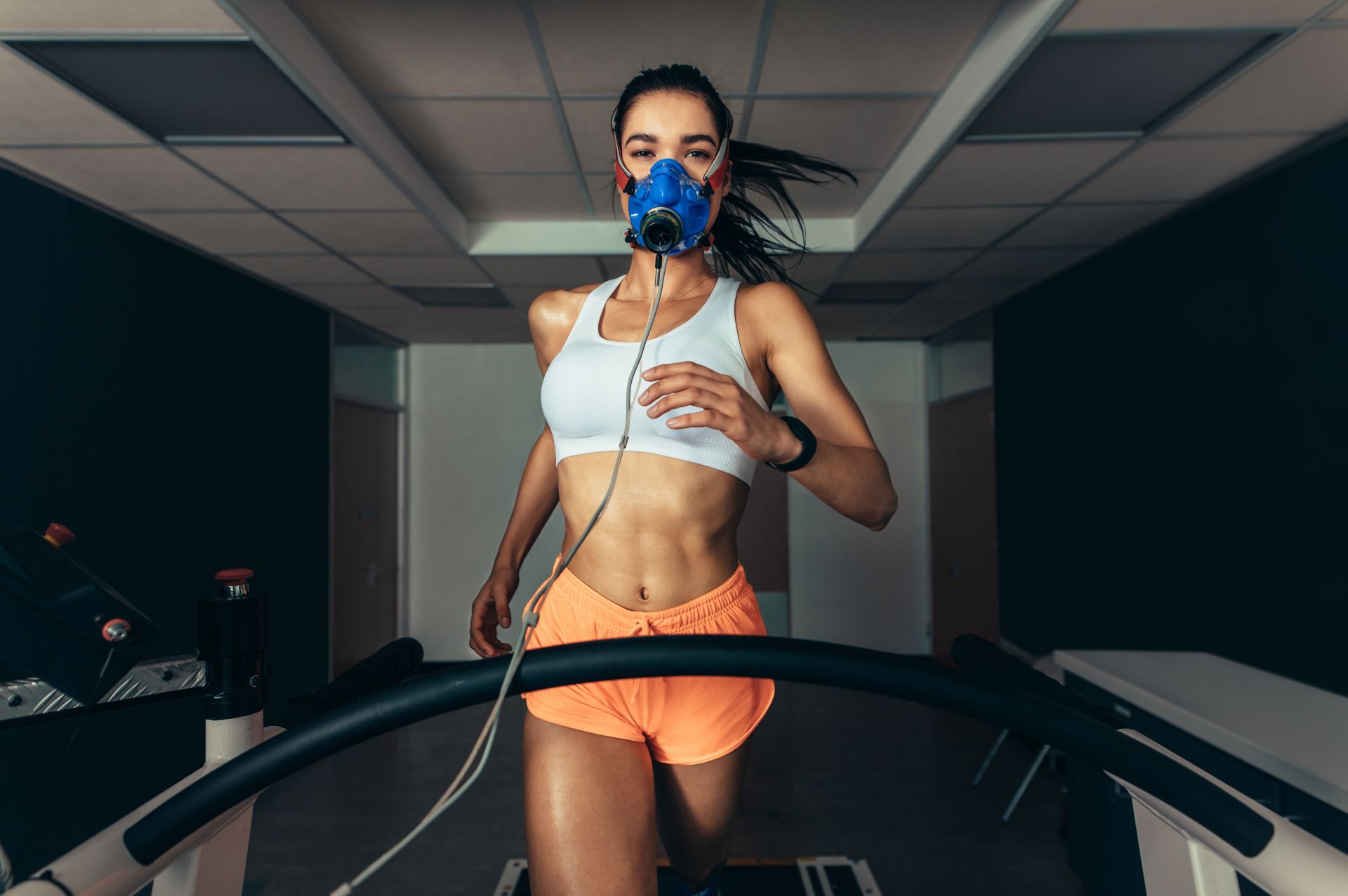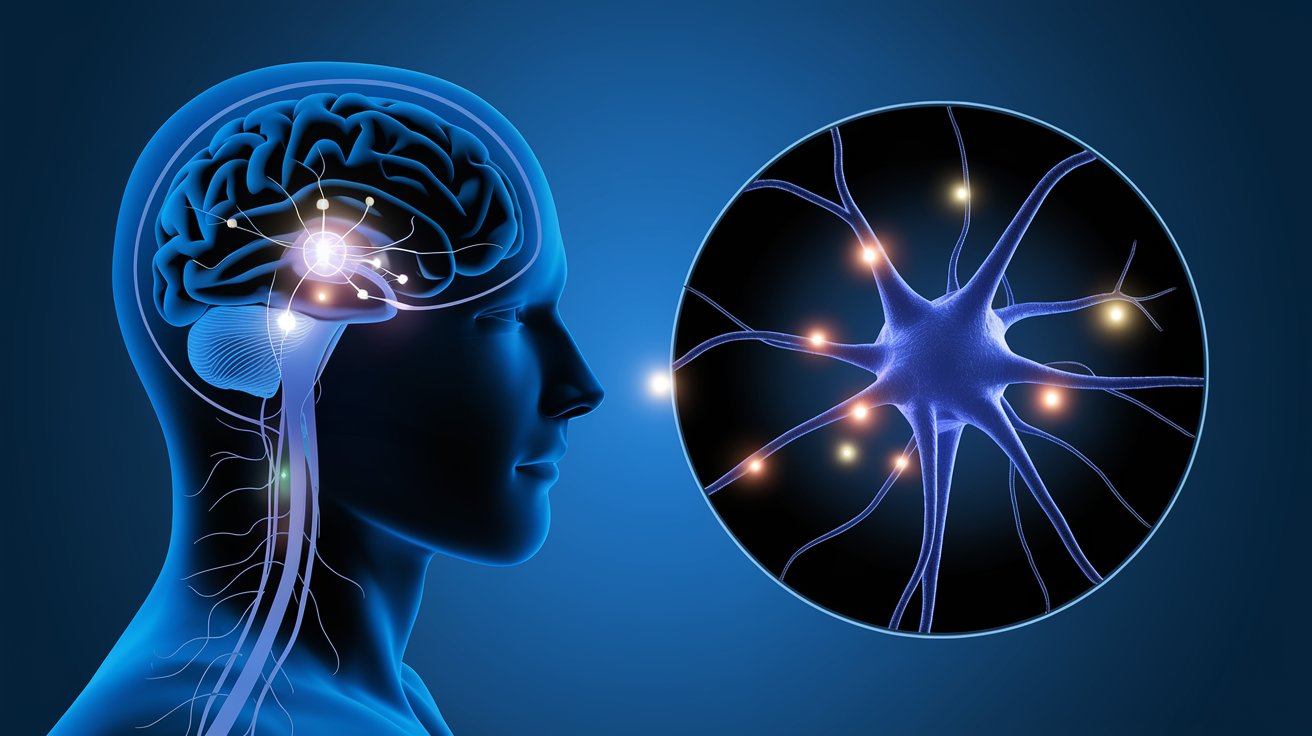Training performance of the body - what is it?

Amateur and competitive athletes are constantly striving to improve their individual sports performance and technical skills in their chosen sport. Many athletes aim to increase muscle mass, strength and power, as well as improve their speed, agility, jumping ability, endurance and reaction time. So let's find out what training performance is and how to increase it.
- What is training performance?
- How is training efficiency measured?
- What does training performance depend on?
- Effect of nutrition on training performance
- Dietary supplements to improve workout performance
What is training performance?
Training performance is the body's ability to undertake intense or prolonged physical efforts involving large muscle groups while developing the most efficient and economical responses of the body. Simply put, training efficiency is the body's ability to perform maximum physical work without rapidly increasing feelings of fatigue. Training efficiency is otherwise known as the physical capacity or exercise capacity of the body. There is no doubt that physical fitness is one of the most important characteristics of the body, as it directly affects a person's daily functioning.
How is training efficiency measured?
The level of training performance increases with age and usually reaches maximum values between the ages of 20 and 30. After this period, training performance begins to slowly decline, and the rate of decline is strongly dependent on the level of physical activity. The most important measure of the body's training performance is the magnitude of maximum oxygen uptake (VO2max), which determines the highest consumption of oxygen in liters per minute of very high-intensity exercise. The highest values of maximal minute oxygen uptake are obtained around the age of 20, while beyond this age the aerobic capacity index VO2max gradually decreases in both men and women. On the other hand, those who train solely in the gym to develop muscle mass, strength and power can assess training performance using the maximum load for one repetition (1RM) and the vertical jump with both feet from a standing position and/or the throw of a medicine ball of a certain weight. The former test assesses a person's maximum skeletal muscle strength, while the latter assesses maximum muscle power.

What does training performance depend on?
Training performance depends on individual characteristics, the body's physiological thermoregulatory mechanisms and the efficiency of individual metabolic pathways, as well as the efficiency of systems supplying tissues and organs with oxygen and nutrients. The following factors have the greatest influence on training performance:
-
The content of energy resources in skeletal muscle and other tissues of the body, including adenosine triphosphate (ATP), phosphocreatine (PCr), free fatty acids (FFA), glucose, muscle and liver glycogen, and fats and proteins.
-
The efficiency of the function of supplying the body's tissues and organs (especially muscle tissue) with oxygen and nutrients.
-
The efficiency of the processes that regulate changes in the human body's internal environment caused by intense or prolonged exercise.
-
The efficiency of biochemical processes that determine the use of energy sources for working skeletal muscles, derived from aerobic metabolism.
-
Tolerance of fatigue changes and the ability to quickly recover psychophysical forces after physical exertion (in other words, the body's ability to quickly eliminate the effects of work).
-
The efficiency of the human body's physiological thermoregulatory mechanisms that allow the removal of excess heat produced during exercise, which protects against overheating of the body.
Effect of nutrition on training performance
Adequate nutrition is extremely important for the training performance and psychophysical well-being of athletes. An important factor that reduces training performance in both the short and long term is low energy availability, which occurs not only in female athletes, but also in male athletes. Adequate dietary energy intake is therefore a key factor in determining adequate training performance. Particularly important in the diet of athletes is an adequate supply of carbohydrates, which are the main source of energy for the central nervous system and working skeletal muscles, which can be utilized over a very wide range of training intensities, due to the ability to utilize carbohydrates both aerobically and anaerobically. The use of nutritional strategies leading to the maintenance of high carbohydrate availability (i.e. adjusting glycogen stores and blood glucose concentrations in relation to the energy needs of the exercise undertaken) contributes to improved training performance during prolonged, continuous exercise or high-intensity interval training. Depletion of glycogen stores (i.e., energy reserves) has been shown to be associated with an earlier onset of fatigue, expressed in the form of decreased training performance, increased perception of exertion, and impaired concentration and physical performance.
Dietary supplements to improve workout performance
There are several well-studied dietary supplements that improve training performance in athletes. According to the Australian Institute of Sport (AIS), these include creatine, caffeine, beta-alanine, sodium bicarbonate, nitrates (concentrated beet juice) and glycerol. Creatine is particularly well known, and for many years has been one of the most widely used dietary supplements with workout-enhancing effects by professional and amateur athletes. Creatine increases muscle power and strength, improves athletic performance in short-term, high-intensity exercise, and leads to better training adaptation. Other training performance-enhancing supplements, such as caffeine, beta-alanine and concentrated beet juice, are now starting to become increasingly popular among athletes.
Sources:
-
Lochbaum M, Stoner E, Hefner T, et al: Sport psychology and performance meta-analyses: A systematic review of the literature. PLoS One. 2022 Feb 16;17(2):e0263408.
-
Varillas-Delgado D, Del Coso J, Gutiérrez-Hellín J, et al: Genetics and sports performance: the present and future in the identification of talent for sports based on DNA testing. Eur J Appl Physiol. 2022 Aug;122(8):1811-1830.
-
Smyth EA, Donaldson A, Drew MK, et al: What Contributes to Athlete Performance Health? A Concept Mapping Approach. Int J Environ Res Public Health. 2022 Dec 24;20(1):300.
-
Raysmith BP, Jacobsson J, Drew MK, et al: What Is Performance? A Scoping Review of Performance Outcomes as Study Endpoints in Athletics. Sports (Basel). 2019 Mar 16;7(3):66.
-
Spriet LL.: Sports Nutrition for Optimal Athletic Performance and Health: Old, New and Future Perspectives. Sports Med. 2019 Dec;49(Suppl 2):99-101.
 ⮜ Previous article
⮜ Previous article
PQQ and the nervous system - what are the relationships?
 Next article ⮞
Next article ⮞